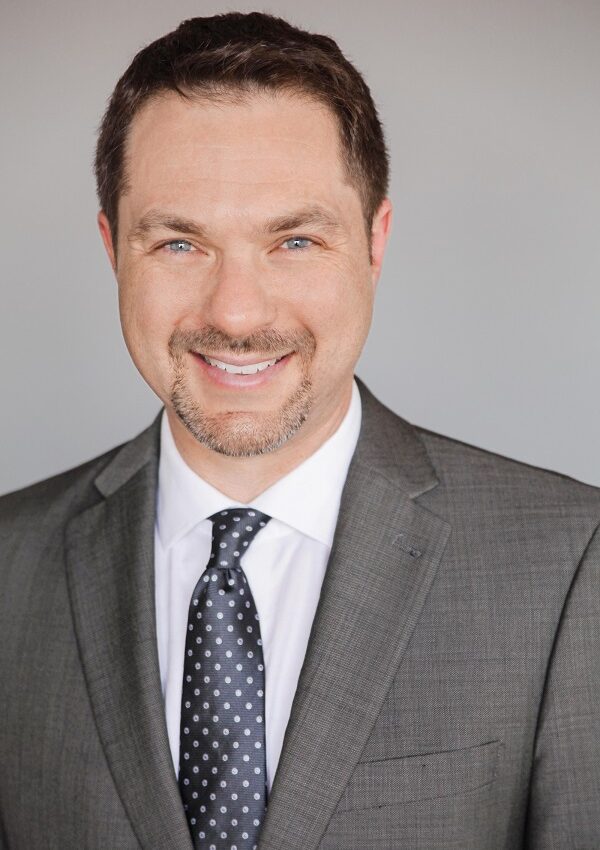If Someone Has Taken Their Prescribed Dose of Medication, What Are Some Other Factors That Might Play into Whether or Not They Could Be Charged with the DUI?
When dealing with prescription medication and DUI arrest, the person may be on a therapeutic level of the medication but there can be other factors that are affecting their ability to drive. It could be as simple as someone being tired or someone being on their cell phone or something else that brings their driving to the attention of the officer.
If somebody is driving and their prescription medication is not by itself affecting their ability to drive, they may be on something else and that something else may be alcohol. A lot of times, drivers are driving under the combined influence of alcohol and drugs. If someone is taking appropriate medication and they have something to drink, it can cause impairment and that may result in a DUI arrest.
At other times, somebody will be taking prescription medication as prescribed but their physician adds additional medication. This new medication can interact with other drugs or medication, triggering some sort of impairment that could also result in a DUI. Therefore, one has to be very careful and very familiar with what it is they’re putting into their bodies.
What Should Someone Do When They Are Pulled Over and Questioned by the Police?
If you are stopped by law enforcement and questioned, the responses need to be honest. If you provide false information, you could be charged with giving false information to a police officer and then be charged with obstructing and delaying a police officer.
Therefore, if you are driving down the street and you’re stopped by a police officer, you do not want to talk to them or give them any additional information. Do not answer any questions they may have. You want to ask the police officer why it is you were stopped and if they tell you’re stopped for speeding or not using a signal, for example, you should just acknowledge that and they should give you a ticket and send you on your way.
If they try to inquire or ask more questions, you just need to simply say that your attorney has advised you not to talk to police officers. That’s it. If they start to ask you whether you had anything to drink or any medication, the answer should be, “My attorney has told me not to talk to police officers.” Be polite and ask if you are free to go. You don’t want to answer questions and give additional information.
The fact that you are not cooperating and not answering questions about drinking or drugs, does not by itself give the officer a reason to conduct further investigation. They are going to need to come up with the reasonable suspicion and probable cause on their own, not through your admissions.
If Someone Is Caught with a Prescription Bottle That’s in Someone Else’s Name and Has That Drug in Their System, Are There Additional Charges They Might Face?
When dealing with medication or drugs, whether they are prescribed to the individual or not, you want to be very careful about what is said during the investigation. If you have someone else’s medication in the car, you don’t want to make any admissions.
Again, the Answer Is “My Attorney Has Told Me Not to Talk to Police Officers. Am I Free to Leave?”
If you end up in a situation where you have been arrested and you’ve got medication that is not prescribed to you, then you’re in possession of a controlled substance. That can result in additional charges under the Health & Safety Code, under the Penal Code and under the Vehicle Code, and those need to be dealt with appropriately. The important thing is to not make any admissions and what is ultimately found or not found in your system can be dealt with in court.
A number of Other Factors Can Lead to a Drug DUI Charge in California. Call the law office of Attorney Mark Rosenfeld for a free initial consultation at (310) 424-3145 and get the information and legal answers you’re seeking.
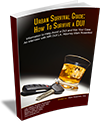

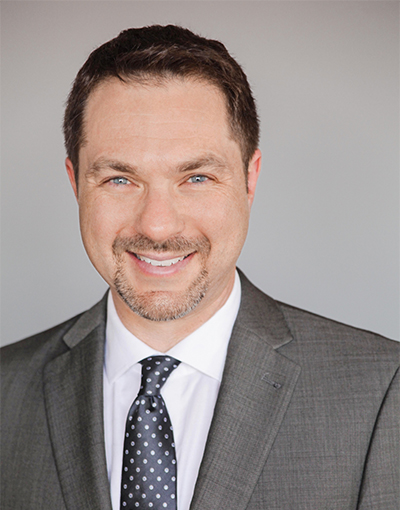
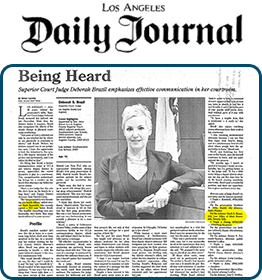
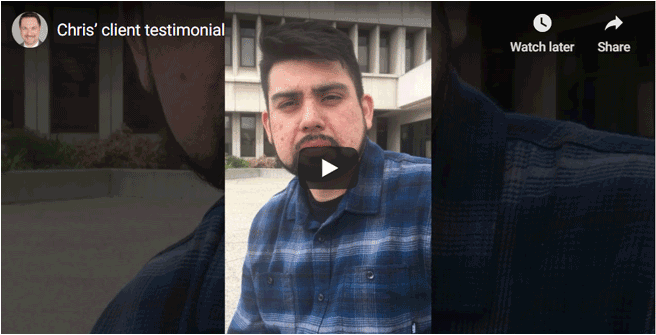

 Personal Attention
Personal Attention Every criminal case is unique and no attorney can guarantee the outcome of a case. The information on this site is legal advertising and for general information only. Using this site, requesting books, information, consultations or communicating with Attorney Rosenfeld through its site does not form an attorney/client relationship.
Every criminal case is unique and no attorney can guarantee the outcome of a case. The information on this site is legal advertising and for general information only. Using this site, requesting books, information, consultations or communicating with Attorney Rosenfeld through its site does not form an attorney/client relationship.
